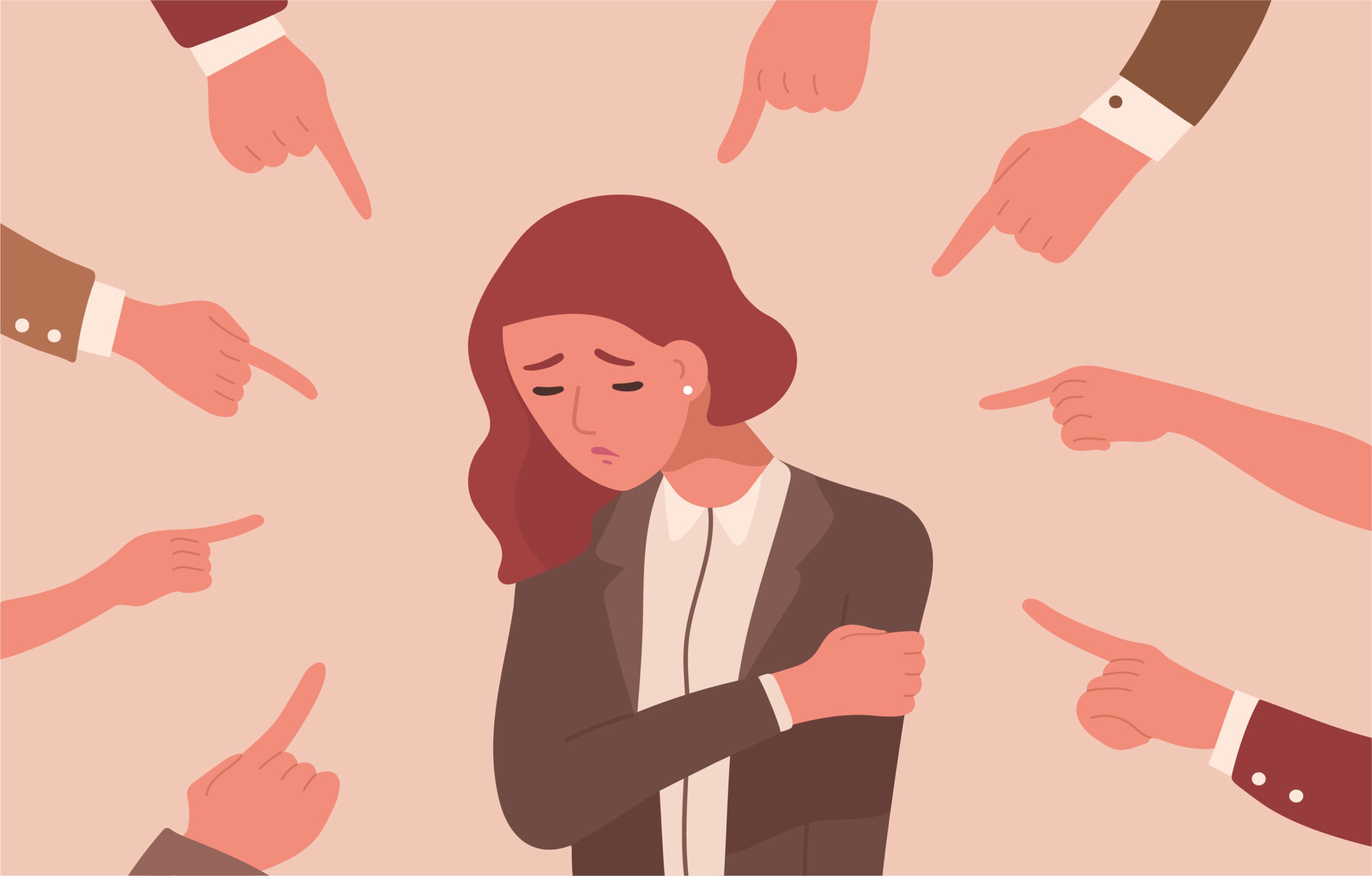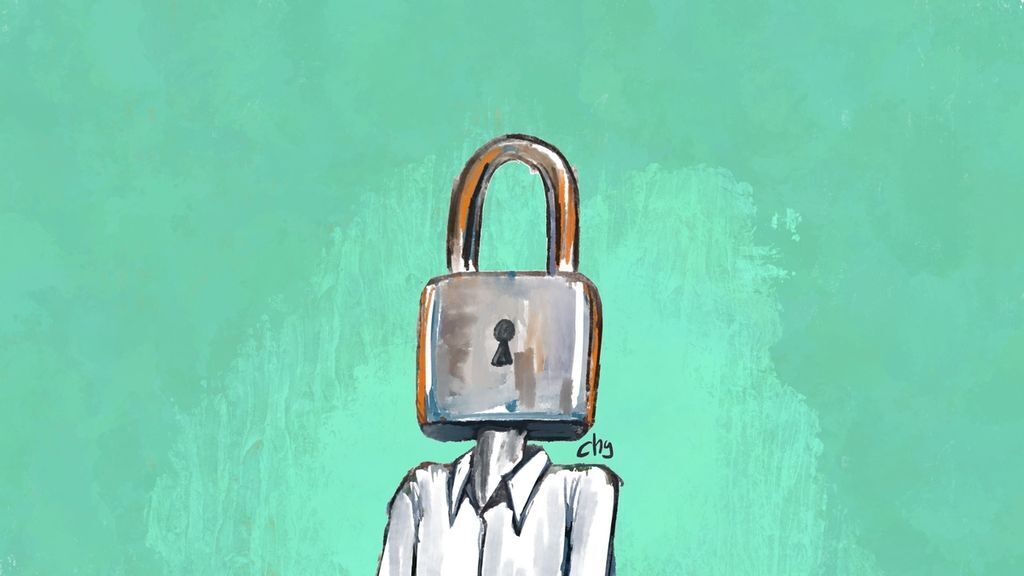Understanding the Recent Allegations Against Jay-Z: A Legal Perspective

Understanding the Recent Allegations Against Jay-Z: A Legal Perspective
Disclaimer: This is an ongoing news story, and the details provided are based on information available at the time of writing. As new developments emerge, some aspects of the case may evolve or change.
In December 2024, a civil lawsuit was filed accusing Shawn “Jay-Z” Carter and Sean “Diddy” Combs of sexually assaulting a 13-year-old girl at a 2000 MTV Video Music Awards after-party. The plaintiff, identified as Jane Doe, alleges that both men drugged and raped her after she was offered a ride to the event. The allegations have sparked significant media attention, as well as discussions about the legal implications and potential repercussions for public figures accused of such crimes.
Jay-Z’s Response and Legal Actions

Jay-Z has categorically denied the allegations, describing them as a “blackmail attempt.” His legal team has pointed to alleged inconsistencies in the plaintiff’s timeline, the absence of corroborating witnesses, and the lack of physical evidence from the alleged incident. Additionally, they argue that the accuser has previously sought monetary settlements in unrelated cases, suggesting a pattern of leveraging allegations for financial gain. His attorney, Alex Spiro, has labeled the claims as “provably, demonstrably false,” citing inconsistencies in the accuser’s account, such as the non-existent location and impossibilities in the timeline.
In response to the lawsuit, Jay-Z’s legal team filed a motion requesting the accuser to reveal her identity, arguing that anonymity prevents a fair defense. Additionally, they have sought an expedited dismissal of the case, emphasizing the harm to Jay-Z’s reputation and the false nature of the claims. As of now, the case is in the early procedural stages, with the court yet to rule on the motions filed by Jay-Z’s legal team. The outcome of these motions will significantly shape the trajectory of the case.
Inconsistencies in the Allegations

The accuser has acknowledged inconsistencies in her allegations. She admitted to making mistakes in her account, such as incorrectly identifying specific details and misremembering the involvement of other parties. For example, her father does not remember driving 5 hours to pick her up. Despite these discrepancies, she stands by her overall memory of the event.
Broader Context: Legal Claims and Statutes Involved
Statute of Limitation
This lawsuit was made possible by New York’s Adult Survivors Act (ASA), which went into effect in 2022. The ASA introduced a one-year look-back window allowing survivors of sexual assault to file civil lawsuits regardless of when the alleged incident occurred. This law aims to provide justice for individuals whose claims were previously barred by the statute of limitations. While the ASA initially provided a clear pathway for this case, recent filings by Jay-Z’s legal team have questioned whether the plaintiff’s claims align with the requirements of the Victims of Gender-Motivated Violence Protection Act (VGMVPA). They argue that the lawsuit does not meet the specific criteria set forth by the VGMVPA, adding a new layer of legal complexity to the proceedings. This has brought the issue of timing and statutory compliance back into focus, signaling that it may become a significant point of contention as the case progresses.
For a free legal consultation, call (725) 900-9000
Anonymity and Fair Trial
The plaintiff in this case has chosen to file under the pseudonym “Jane Doe” to protect her identity. While this practice is common in sexual assault cases to safeguard survivors, it can complicate the defense’s ability to investigate claims thoroughly. Jay-Z’s legal team has filed a motion to compel the accuser to reveal her identity, arguing that anonymity creates an imbalance that prevents a fair trial. Courts must weigh the accuser’s right to privacy against the defendant’s right to mount a robust defense. In this case, the judge ruled that the plaintiff can remain anonymous for now. However, the judge also found that the plaintiff may need to reveal her identity later in trial.
Implications for Public Figures and Business Ventures
Allegations of this nature can have far-reaching consequences for public figures. For Jay-Z, the lawsuit comes amidst his expansive business ventures, including his entertainment company, Roc Nation, and his partnership with the NFL. Reports suggest that the NFL is considering reducing its collaboration with Roc Nation due to the allegations, potentially jeopardizing a multi-year, $25 million deal aimed at addressing social justice issues and enhancing Super Bowl halftime shows.
Click to contact our personal injury lawyers today
Key Takeaways

This case underscores several important issues in modern law and society:
- Reputational Risks: High-profile cases highlight the potential for severe reputational damage, even before allegations are substantiated or dismissed.
- Legal Protections: The tension between accuser anonymity and defendant’s rights continues to be a significant legal and ethical challenge.
As the case progresses, it will be essential to monitor court filings, motions, and public statements from both parties to gain a comprehensive understanding of its impact. For those navigating similar legal situations, consulting an experienced attorney is crucial to protecting one’s rights and interests.
No obligation consultations are always free.
Let Us Help You! Call Now: (725) 900-9000
